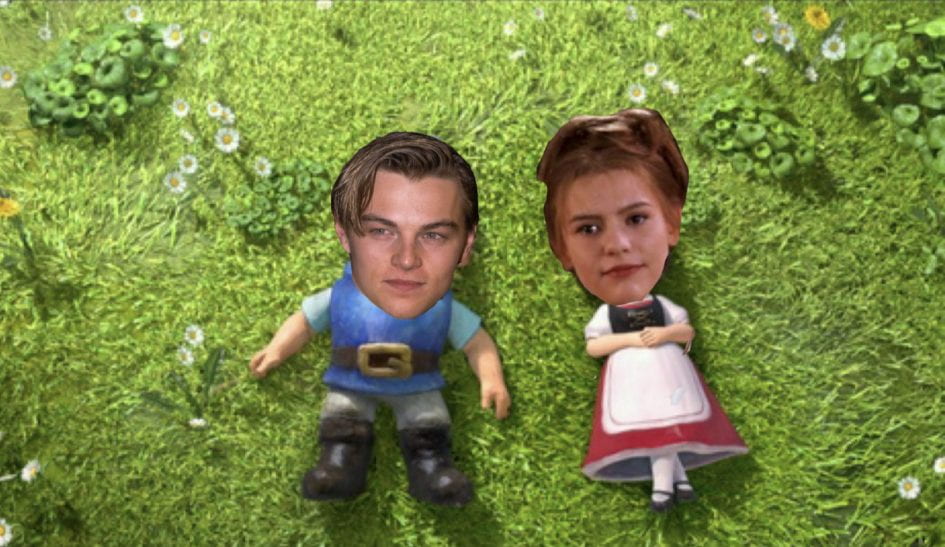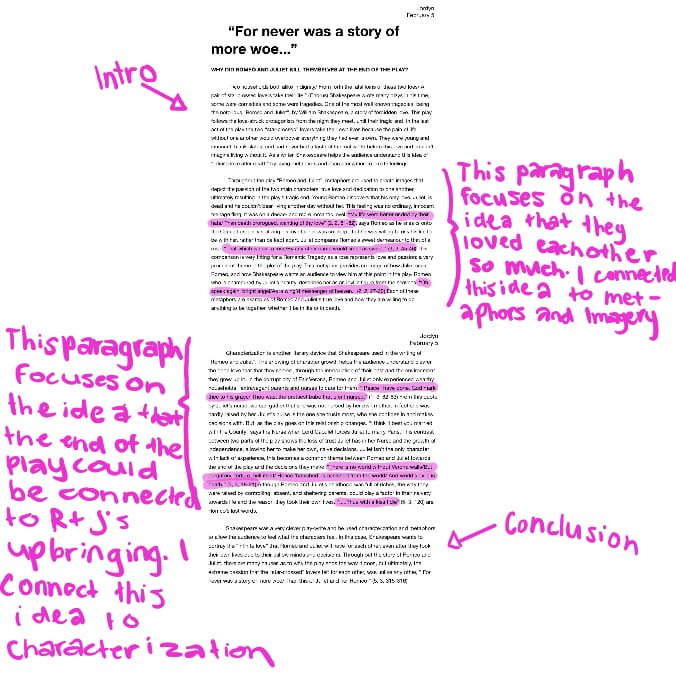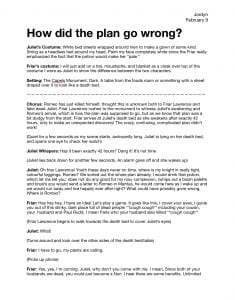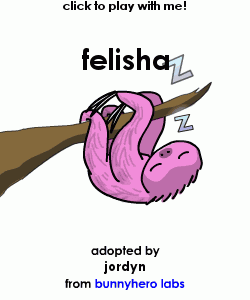“Two households, both alike in dignity”, is how the play Romeo and Juliet begins so that is how we will start this blog since…. that is what this unit was all about! For this project, we studied Romeo and Juliet in an app called SIB R and J, we watched two versions of the movie (one from the 60’s and one form 1996), and then for the final project, each person in my class had to write an absolutely hilarious parody of one scene that showed our learning. We then had to perform our scene as a one woman/man play in front of a whole audience! It went really well and I had a lot of fun with it, but, as you know if you have read my blog posts in the past, I will talk about a few of my favourite project milestones and stepping stones, the project itself, and then reflect on THIS driving question:
How can we, as Shakespearean actors, use parody to communicate the timeless nature of Shakespeare’s “Romeo and Juliet”?
Anyways, its about time we get started!
STEPPING STONES AND MILESTONES
In this section of the post, I will highlight two mini projects we completed that really helped me understand the content, and ones that I had a lot of fun with, by referencing back to the core competencies for this project. These core competencies are Communicate: How do I share my own ideas when I write, speak, and represent? and Take Historical Perspectives: How can we overcome our current concerns, beliefs, and values to understand those of people in the past?
MY TWIL POST COLLECTION
First of all, I really recommend reading these posts because I am very proud of them!
But not only were they a blast to write and create, I also learned a ton about Shakespeare, the play and the curricular competencies for this project. A big question
we asked at the beginning of this project, is “ Why do we still study Shakespeare today when he lived so long ago, I mean what makes him special?” This is a question many people ask as they study Hamlet, The Tempest and even Romeo and Juliet. In my opinion, Shakespeare changed the way plays were written and performed, he wrote sensational plays about topics that had never been written about before, and instead of the theatre being a low class activity, he brought it to higher class citizens, he made plays extremely entertaining and popular. This idea really helped me understand the curricular competency of taking historical perspective. Looking back in time to when Shakespeare was a famous play-write who revolutionized theatre for everyone, helped me understand why he was so popular in his time (I mean how could he not be compared to Bear-Baiting and brothels) and why he is still popular today.
LITERARY ANALYSIS ESSAY
We took a little break from watching several versions of Romeo and Juliet and learning about Shakespeare to complete Milestone 3 of this project…. AN ESSAY!
Now, this may seem like a simple task compared to writing and performing a one – woman play, but this was a challenge for me. The question I decided to focus on for my essay was, “Why did Romeo and Juliet kill themselves at the end of the play?” This question is very complicated and has many layers to it. But of course it had to be more complicated, as well as coming up with reasons and examples from the play, our essays needed to have a theme that tied it all together. I decided to connect each of my idea to a literary device used through out the plot. This is what the layout looked like:
I definitely struggled with communicating exactly what I wanted to say in this essay, but I know I can always learn from challenges. Having one more draft to enhance my organization of ideas and come up with stronger evidence for the play would have improved this essay a lot, but in the end, I am very proud of what I wrote and what it taught me about the competency, Communicate. I think the best way for me to communicate my ideas in this essay was to find specific evidence and quotes from Romeo and Juliet to support my ideas.
THE TASK
Once we completed building our knowledge and all of the different milestones, it was time to start creating! The scene I decided to create a parody about was Juliet taking her own life at the end of the play. Of course, I couldn’t just go on stage and improvise, so the first thing I did was write a script:
CLICK ON THE IMAGE TO MAKE IT BIGGER
To make this a successful, entertaining parody, I tried to stick as close to the original plot of this scene but twisting it with modern terms, language and ideas. Not to brag, but I think it’s pretty hilarious.
Step 2, is to create a backdrop and soundscape that will play behind me on the screen as I perform.

I created mine using Sketches Pro, Superimpose, and iMovie. I had so much fun practicing my act over and over again until it timed perfectly with what happens on the screen, and I’m not even kidding! That may sound sarcastic, but practicing my act until it was perfect with my sister filming me so I could see my mistakes, really payed off as you will see down below.
The third and final step was to perform. I wasn’t nervous at all once I got up there, i actually felt very confident and like I knew exactly what I was supposed to do up on stage. I think this is because I had so much fun with this project and all of its “bumps in the road.” I’ve realized that I really thrive when I enjoy the work I am doing, when it is something I am passionate about.
A CURTAIN CALL..
This brings us to the end of the play… I mean post, this is a blog post right? This project was not one like I had ever done before, it may be one of my favourite ones yet, I know, crazy! But it’s true, between studying Romeo and Juliet, challenging my self in a very difficult essay topic, and performing an act that I am extremely proud of, I didn’t only learn about communicating and taking historical perspective, I had fun with what I was learning. (Thank you Master Petra 🙂 ) with all of these amazing learning artifacts, I find it very easy to look back and answer the driving question. “How can we, as Shakespeare an actors, use parody to communicate the timeless nature of Shakespeare’s “Romeo and Juliet”?” Just as Shakespeare revolutionized acting and play writing, I think my class did too, Man! We could have performed this at centennial theatre for other classes, teaching them about Shakespeare and his world renowned play! Back to the point, Shakespeare’s Romeo and Juliet still, to this day teaches us about the past and how to communicate what we learn in different ways, including parodies! This project taught me difficult lessons like being okay if my work isn’t perfect, but also how to bring my own personality and what surrounds me into my work. Anyways, I kind of started this post with the first line of the play, so may as well continue with the theme, “ For never was a story of more woe, than this of Juliet and her Romeo.”
~Jordyn







Leave a Reply